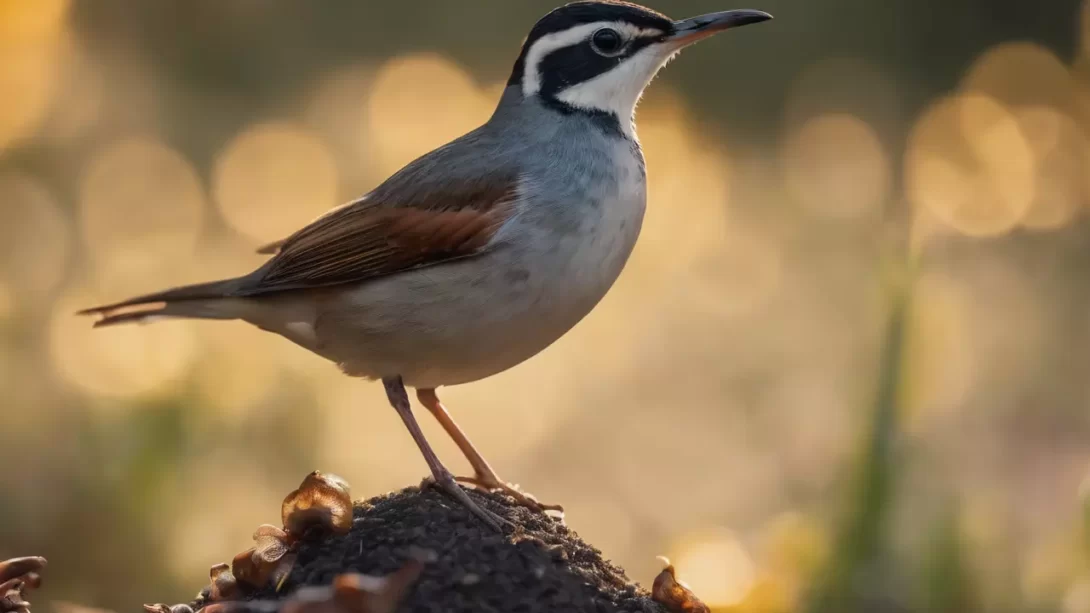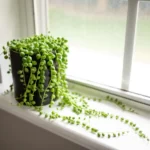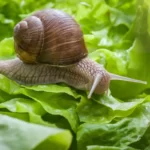Gardeners often face the challenge of dealing with slugs, which can be detrimental to a variety of plants. While there are several methods to control these pests, one natural solution involves attracting their predators, such as birds. Understanding the relationship between birds and slugs can be key to maintaining a healthy garden. This article delves into the dietary habits of garden birds, particularly their role in controlling slug populations.
The Diet of Common Garden Birds
Garden birds have diverse diets that can include seeds, insects, fruit, and small invertebrates. Among these foods, slugs often become a target due to their accessibility and abundance in garden environments. The diet of a bird species can vary greatly depending on its size, habitat, and the season. Some birds are more adept at hunting slugs, incorporating them as a significant part of their diet, especially during breeding seasons when they require high-protein food sources to feed their young.
Birds as Natural Slug Controllers
Birds can be effective natural controllers of slug populations. Their predation helps balance these pest numbers, contributing to the health of garden ecosystems. Attracting birds to a garden not only adds to its aesthetic and biodiversity but also serves as an eco-friendly approach to pest management. This method of slug control aligns with sustainable gardening practices, avoiding the need for chemical pesticides that can harm the environment and other non-target organisms.
Which Birds Are Known to Eat Slugs?
Several bird species are known to feed on slugs, making them natural allies for gardeners. Some of the most common slug-eating birds include thrushes, such as the Blackbird and the Song Thrush, known for their voracious appetite for slugs and snails. Robins, starlings, and certain species of wrens are also known to consume slugs, especially when other food sources are scarce. These birds use their keen sense of sight and sound to locate slugs, often hunting them during the early morning or after rainfall when slugs are most active.
Behavioral Patterns of Slug-Eating Birds
The hunting and feeding behaviors of these birds are quite fascinating. Thrushes, for instance, are known for their unique method of dealing with snails by breaking their shells against stones, a behavior known as “anvil” use. While slugs don’t have hard shells, these birds apply similar tactics to handle and consume them. Understanding these behaviors can help gardeners create environments that are more conducive to bird activity and, consequently, more effective in slug control.
Attracting Slug-Eating Birds to Your Garden
To attract these beneficial birds, a few strategies can be implemented. Providing a variety of bird feeders with seeds and fruits can initially draw birds to your garden. However, for long-term attraction, it’s essential to create a habitat that caters to their natural preferences. This includes planting native shrubs and trees, which offer both food and nesting sites. Providing a water source, such as a bird bath, is also attractive to birds. Additionally, minimizing the use of pesticides in your garden not only protects the birds but also ensures a steady food supply in the form of slugs and other insects. Encouraging a safe and welcoming environment for these birds will help establish your garden as a regular spot in their feeding routine.
Alternative Natural Slug Control Methods
Alongside attracting birds, there are other natural methods to keep slug populations in check. One effective approach is introducing other natural predators, like hedgehogs and certain types of beetles. Creating a habitat that is friendly to these animals can further aid in controlling slugs. Additionally, barriers such as crushed eggshells or copper strips can be used around plants to deter slugs physically. Gardeners can also employ companion planting strategies, where certain plants are known to repel slugs or draw them away from more vulnerable crops. These methods, when used in conjunction with encouraging bird populations, can create a robust, integrated pest management system in your garden.
Discussion of Ecological Impact
Utilizing birds for slug control is not only effective but also beneficial from an ecological standpoint. This approach promotes biodiversity and helps maintain the natural balance of the garden ecosystem. In contrast, chemical methods can have unintended negative effects on the environment, including harm to beneficial insects, soil health, and water quality. By relying on natural pest control methods, gardeners contribute to a healthier, more sustainable environment.
Conclusion
Birds play a crucial role in natural pest control, with many species effectively preying on slugs. By understanding which birds are beneficial and creating a welcoming habitat for them, gardeners can tackle slug problems in an environmentally friendly way. This approach aligns with sustainable gardening practices, supporting biodiversity and ecological balance. Embracing these natural methods not only enhances the health and beauty of a garden but also contributes to a more harmonious and sustainable relationship with the local wildlife. In the end, fostering a bird-friendly garden is a win-win for both gardeners and the environment.



